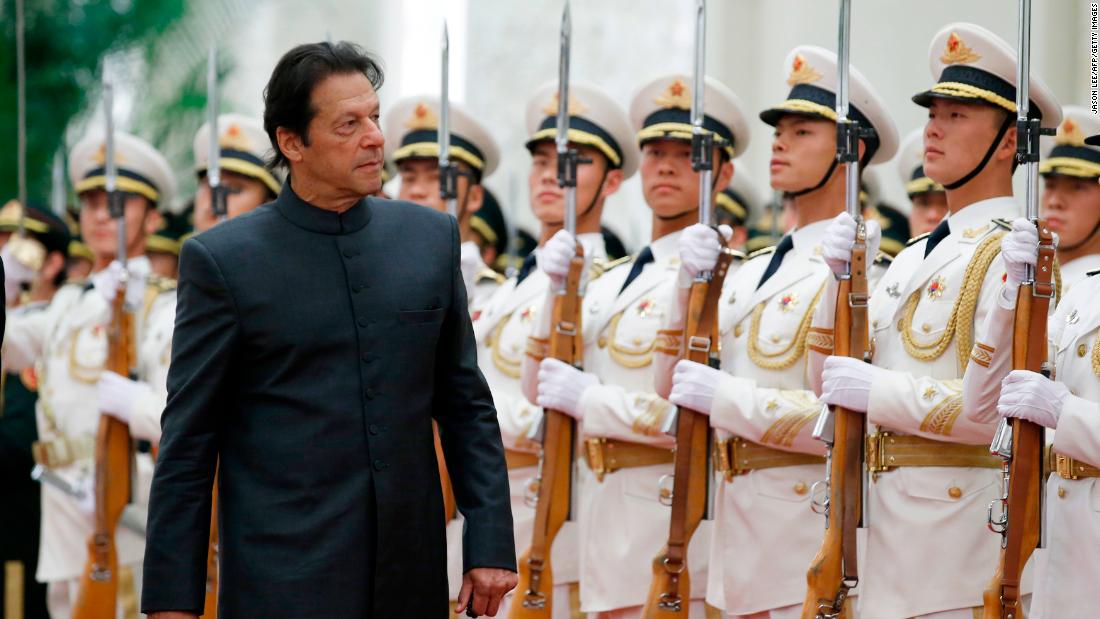
The bailout comes despite new Pakistani Prime Minister Imran Khan previously saying he would not seek another bailout from the IMF, as he targeted alternative funding from the Middle East and China.
"Pakistan is facing a challenging economic environment, with lackluster growth, elevated inflation, high indebtedness, and a weak external position," IMF representative Ernesto Ramirez Rigo said in statement.
"This reflects the legacy of uneven and procyclical economic policies in recent years aiming to boost growth, but at the expense of rising vulnerabilities and lingering structural and institutional weaknesses. The authorities recognize the need to address these challenges, as well as to tackle the large informality in the economy, the low spending in human capital, and poverty."
Khan met with IMF director Christine Lagarde in February, as he sought to secure funding from the agency despite being a longterm critic of its previous dealings in Pakistan.
The IMF has been criticized in the past for imposing strict austerity on receiver nations, forcing governments to cut social programs and privatize national industries.
Khan has spoken of the need for a major anti-poverty program to boost Pakistan's economy and help its worst off citizens, but this will involve considerable spending that is typically antithetical to the conservative IMF.
These types of restrictions are one of the reasons Khan has been publicly attempting to avoid returning to the IMF to seek more funding. In October, Saudi Arabia agreed to advance Islamabad $6 billion in financial support. But that has not been enough to plug the gaps in Pakistan's economy -- issues Khan inherited and has been struggling to get under control.
The Pakistani Prime Minister has also turned to China for help. Beijing has invested heavily in the country under President Xi Jinping's Belt and Road Initiative.
"I can tell you one thing, the Chinese have been a breath of fresh air for us ... They have been extremely helpful to us," Khan said earlier this year.
China's increasing presence in Pakistan has not been without incident, however. On Sunday, militants attacked a five-star luxury hotel in Gwadar, in Balochistan province. The city is at the center of China's multi-billion-dollar Belt and Road infrastructure project.
Five people were killed in the attack, for which a Pakistani separatist group claimed responsibility, warning of more attacks in China and Pakistan in a post on an unverified Twitter account. CNN could not independently confirm whether the account, which claims to belong to the Baolchistan Liberation Army, is authentic.
Bagikan Berita Ini














0 Response to "Pakistan agrees to 13th bailout in 30 years from the IMF"
Post a Comment